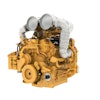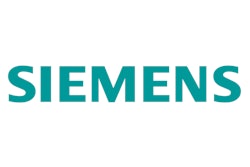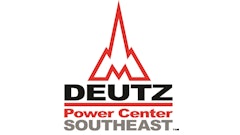GE Oil & Gas acquired Cameron’s reciprocating compressors division in January to kick off the new year. This, coupled with GE’s recent purchase of Alstom’s Power and Grid business, solidified its position as a leading player in the oil & gas sector. IHS estimates that GE turbines and compressors sold into oil and gas applications account for just less than 35% of global capacity, which is roughly 10 to 15% more than Siemens, including its newly acquired Rolls Royce product lineup. With Siemens’ recent announcement that it will purchase leading gas compressor and turbine supplier Dresser-Rand Group Inc., the company is well-poised to stake its claim as a heavyweight rival to GE.
This acquisition is not a surprise, though the timing is rather unexpected. Just last week it appeared as though Dresser-Rand was entertaining the possibility of a merger with another company that is well positioned in the oil and gas sector, the Swiss industrial pump manufacturer Sulzer. Talks of a potential merger between Sulzer and Dresser-Rand seem to have contributed to a recent spike in DRC’s stock price, requiring a larger investment by Siemens to win the bid for the compressor and turbine provider. In fact, the acquisition cost Siemens $83 per DRC share, a premium of roughly 37% to the share price back in July before acquisition talks were public knowledge. Siemens appears to be quite confident in its newest investment despite the premium. “The valuation is a stretch, but strategically it makes sense,” says Volker Stoll, a Stuttgart-based analyst at Landesbank Baden-Wuerttemberg.
European oil and gas equipment providers like Siemens, Sulzer, Howden and others have long desired to expand into North America to take advantage of the highly attractive conventional and unconventional energy plays. DRC has been a major player in this sector as its foothold in North America is substantial. This acquisition is a strategic win for Siemens, both geographically and technically. Aside from greatly expanding its presence in the US, Siemens will gain a strong foothold in such lucrative areas as subsea compression, carbon capture and storage (CCS) and compressed air energy storage (CAES), in which DRC has been a pioneer.
The full impact of this acquisition remains to be seen, but one thing that is certain is that GE Oil & Gas now has a much more formidable rival in Siemens. The most successful oil and gas equipment providers are the ones that can offer custom full-scale solutions and exceptional after-sales support. DRC and Siemens have both been successful in these areas over the years, with aftermarket parts and service accounting for more than 50% of their respective revenues. With Siemens’ regional breadth and DRC’s technical capabilities, this acquisition has a lot of potential to elevate Siemens’ market position.


















